This is a valuable paper & contribution on voluntary disclosure of information from private sector to Government agencies done by the AP regional chapter of our World Customs Organization (WCO) Private Sector Consultative Group (PSCG), where we from Maersk are members.

The ability for traders and other supply chain operators to pro-actively engage with customs on matters of compliance can be surprisingly difficult to do.
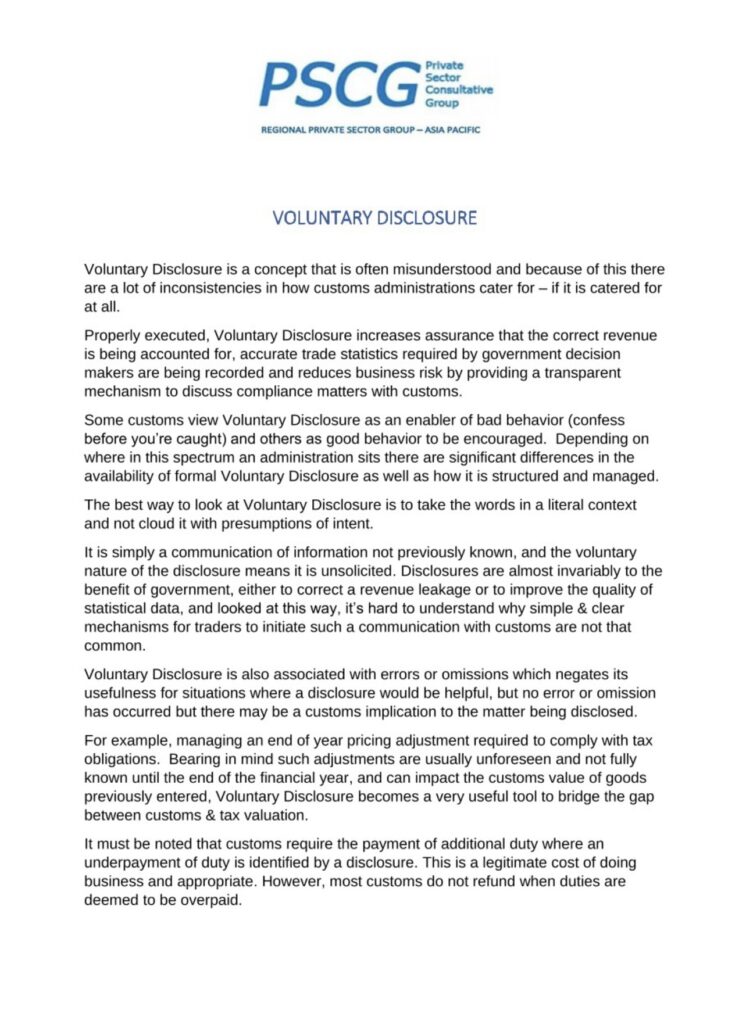
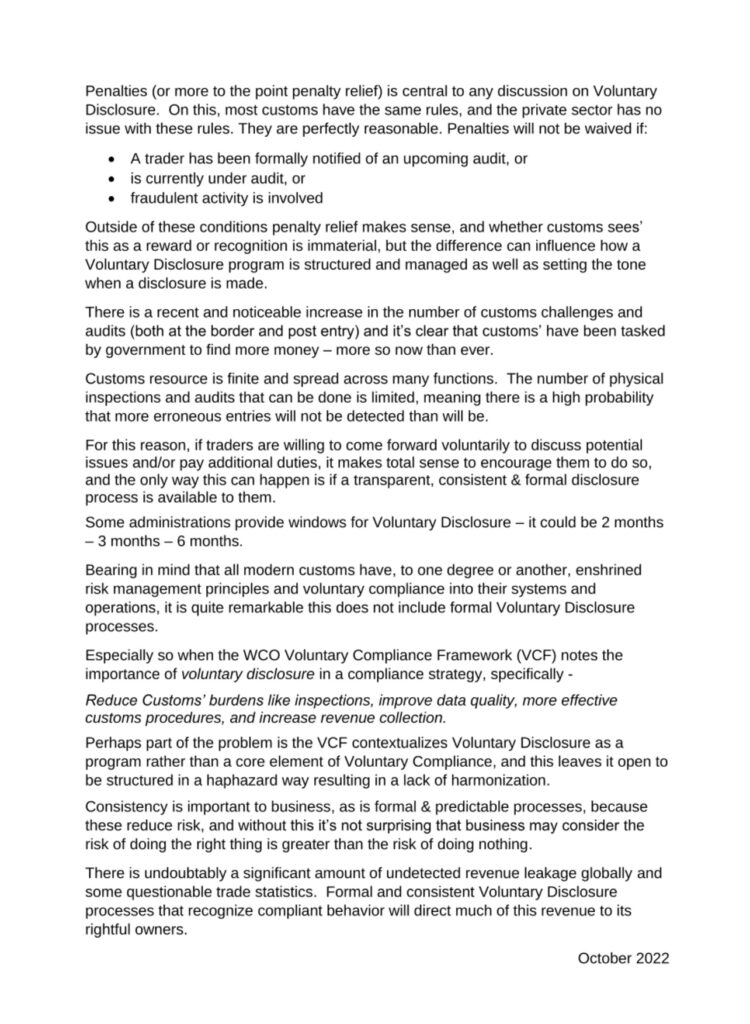
Such disclosures have no, to very little, resource implications for customs, often result in the recovery of previously unaccounted for (and unlikely to be detected) revenue and increases the quality of trade statistics for government policy makers.
The RPSG-AP has produced a paper on Voluntary Disclosure (attached) for the WCO and hopefully it promotes consideration by customs on the advantages of formalizing Voluntary Disclosure as a core and ongoing component of customs policy & practice.
It is now distributed globally.
Today Sweden celebrats its National Day. It is the date – 6 June – on which Gustav Vasa was elected king in 1523.

This laid the foundation of Sweden as an independent state, and on the same date a new, important constitution was adopted in 1809.
The nationam day is a holiday in our country.
Lockdown benefits ‘a drop in the bucket compared to the costs’, landmark UK study finds.
Researchers say draconian measures taken in spring 2020 had ‘negligible impact’ on Covid mortality compared with lighter-touch countries.
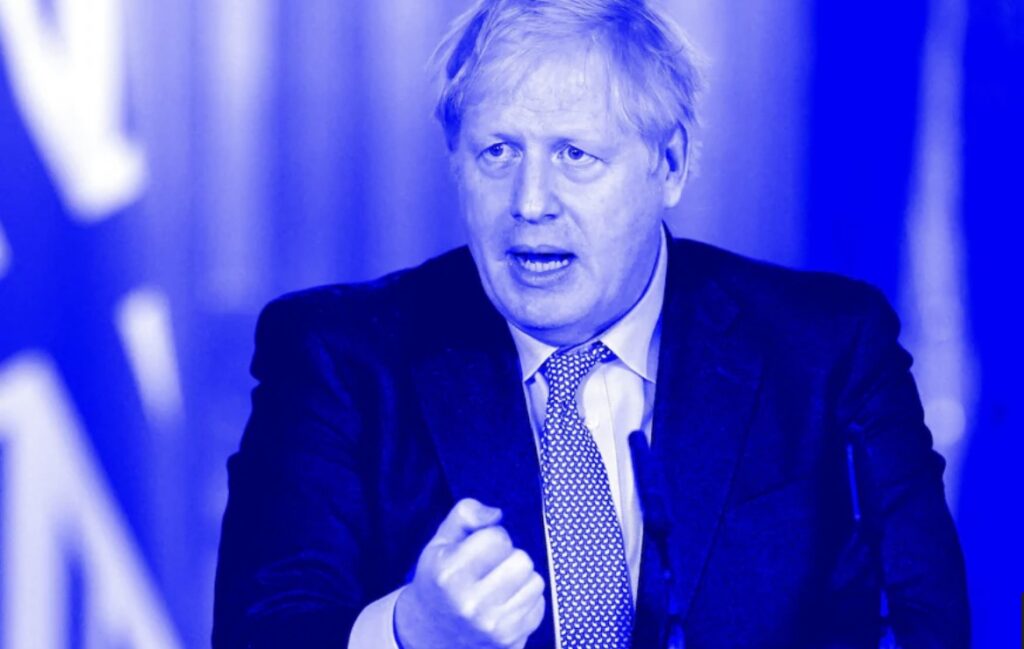
Lockdown saved as few as 1,700 lives in England and Wales in spring 2020, according to a landmark study which concludes the benefits of the policy were “a drop in the bucket compared to gje staggering colleteral costs” imposed.
Scientists from Johns Hopkins University and Lund University examined almost 20,000 studies on measures taken to protect populations against Covid across the world.
Their findings suggest that lockdowns in response to the first wave of the pandemic, when compared with less strict policies adopted by the likes of Sweden, prevented as few as 1,700 deaths in England and Wales. In an average week there are around 11,000 deaths in England and Wales.
The report authors said their findings showed that the draconian measures had a “negligible impact” on Covid mortality and were a “policy failure of gigantic proportions”.
Johns Hopkins is one of the most respected medical schools in the world and became known during the pandemic for its Covid dashboard measuring cases and deaths all over the world.
The study’s authors conclude: “The science of lockdowns is clear; the data are in: the deaths saved were a drop in the bucket compared to the staggering collateral costs imposed.”
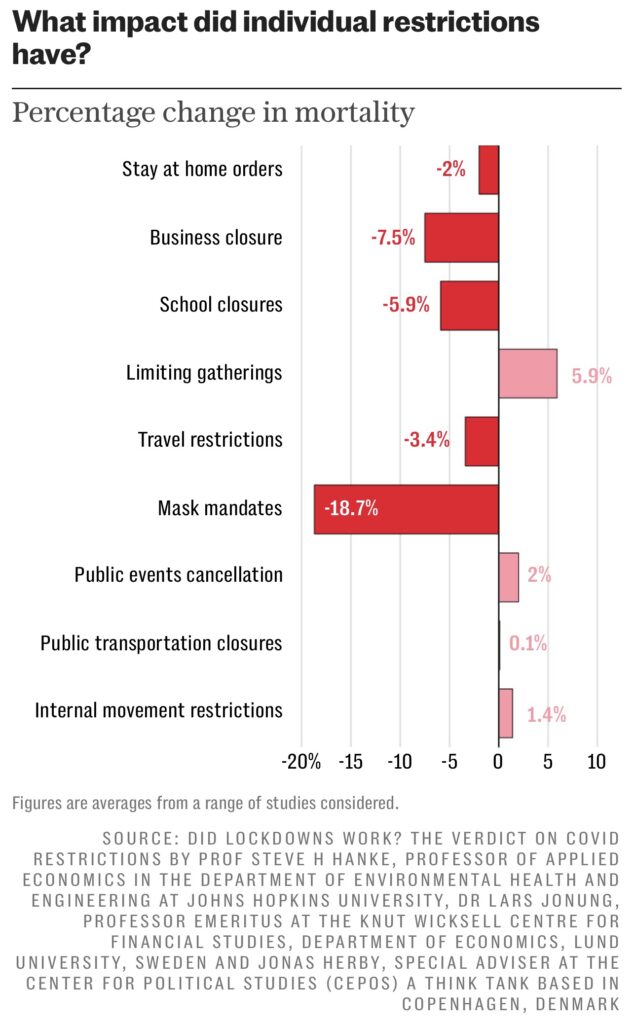
The detrimental impact of lockdown on children’s health and education, on economic growth and its contribution to large increases in public debt has become increasingly clear since the policy was introduced.
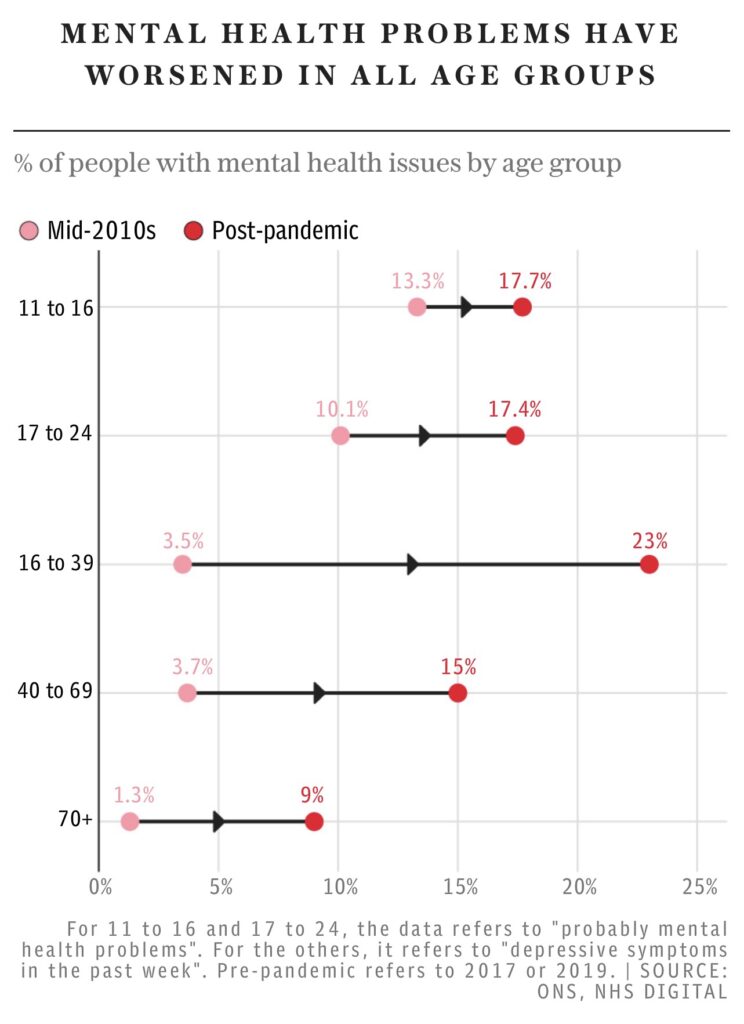
However, The Telegraph recently revealed that a secretive government unit worked with social media companies during the pandemic in an attempt to curtail criticism of controversial lockdown policies.
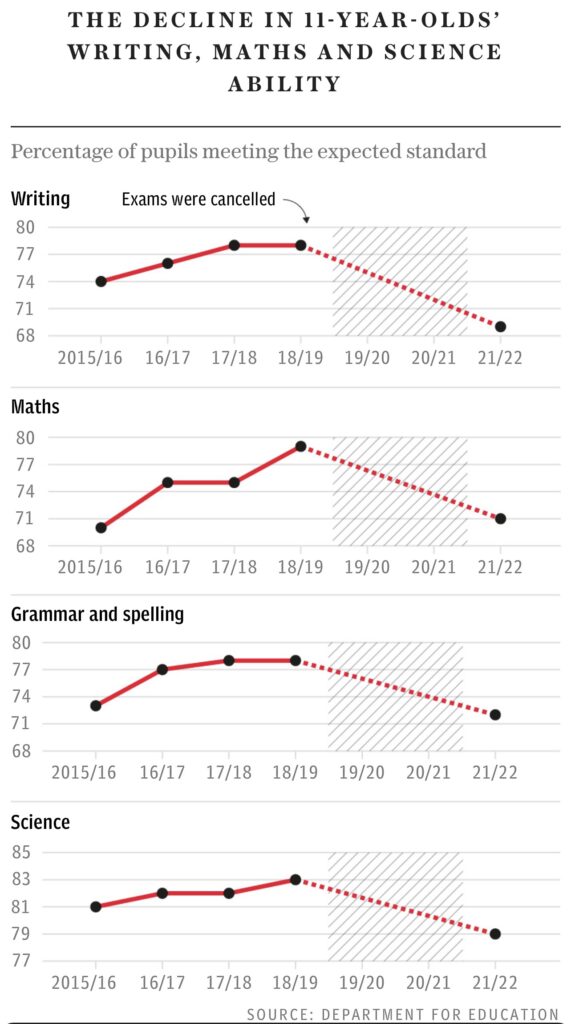
The Covid Disinformation Unit monitored social media and asked texh companies tl remove posts it considered to be ”potentially harmful content”.
Britain’s first lockdown, in March 2020, was introduced on the basis of modelling exercises from Prof Neil Ferguson which had predicted there could be more than 500,000 deaths in the UK, without action to stop the spread of the virus.
His research had suggested that even with mitigations such as social distancing, and household quarantines for Covid cases, there could be at least 250,000 deaths, unless further measures were taken.
By contrast, modelling by Professor Ferguson and his colleagues from Imperial College London in March 2020 had predicted that, without action, the UK could see 510,000 deaths from Covid, with 2.2 million in the United States.
After lockdown was imposed, the scientist suggested that “intense social distancing and other interventions now in place” could reduce that figure to 20,000 in the UK.
The Covid Inquiry is set to examine the Government’s decision making during the pandemic but it has already been the subject of significant criticism relating to its speed, scope and transparency.
Researchers having done the Johns Hopkins study said the findings showed that lockdowns had been “a global policy failure of gigantic proportions”.
Read the full article here: Lockdown benefits ‘a drop in the bucket compared to the costs’, landmark study finds
Source: TheTelegraph






You must be logged in to post a comment.